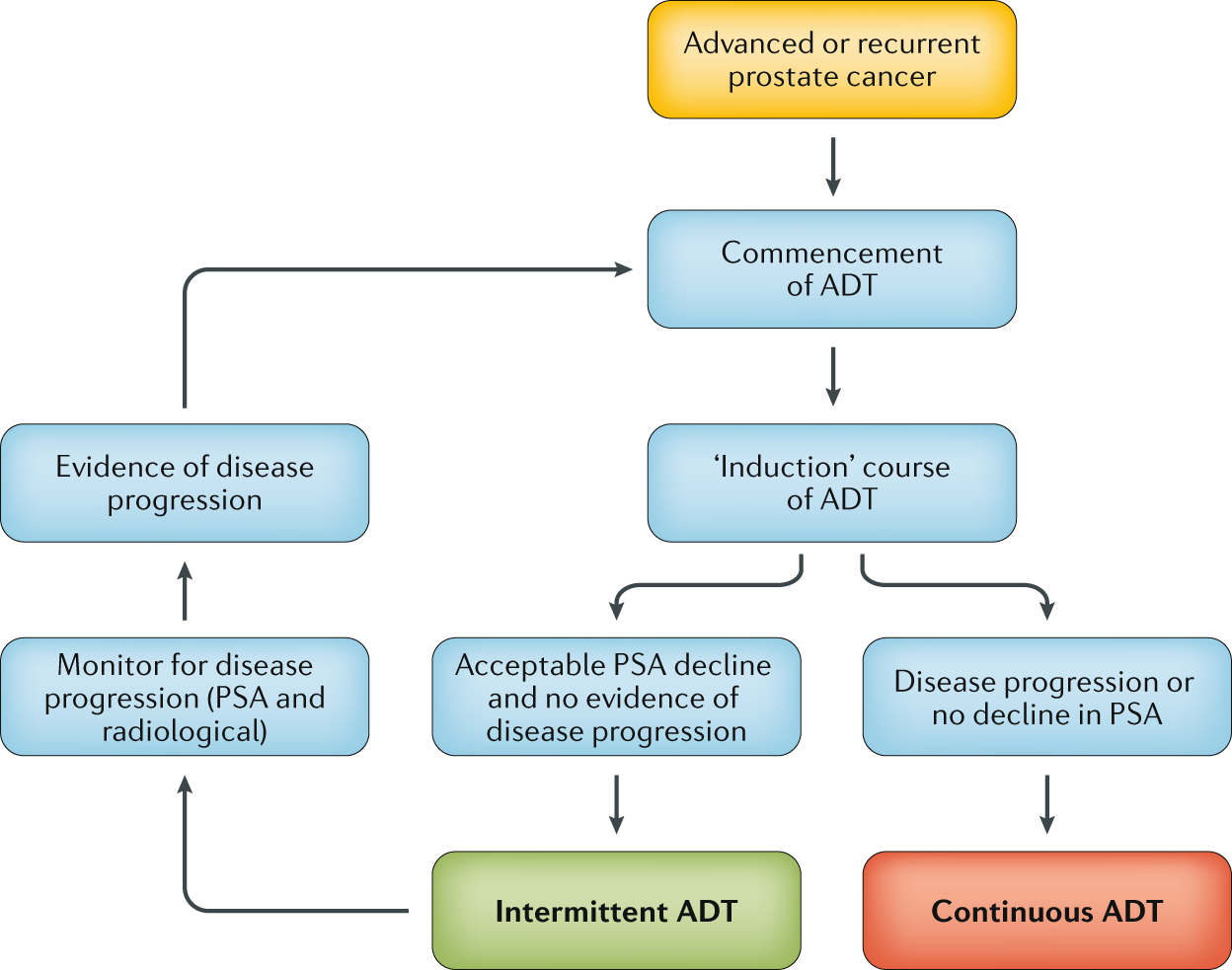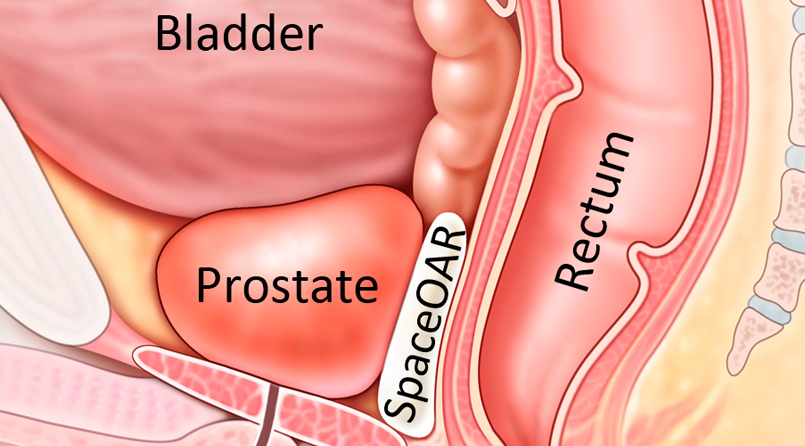Some Known Details About Best Prostate Cancer Hospital In India
Some Known Details About Best Prostate Cancer Hospital In India
Blog Article
Prostate Cancer Cells Therapy: Surgical and Non-Surgical Approaches Explained
When encountered with a prostate cancer cells diagnosis, the selection of therapy choices can appear overwhelming. This thorough review intends to drop light on the complexities of prostate cancer cells therapy, supplying understandings right into the ins and outs of each technique to encourage individuals in making notified options regarding their health.
Surgical Treatment Alternatives
When taking into consideration surgical therapy alternatives for prostate cancer, patients and healthcare carriers frequently consider the dangers and benefits associated with different procedures. This treatment is frequently advised for individuals with local prostate cancer and offers the capacity for a cure.
One more medical alternative is robotic-assisted laparoscopic prostatectomy, a minimally intrusive treatment that makes use of a robot system to aid the cosmetic surgeon in removing the prostate. This strategy can cause much less blood loss, much shorter healthcare facility stays, and quicker recuperation times contrasted to standard open surgery. It also lugs the threat of difficulties such as infection and injury to bordering organs.
Ultimately, the selection of surgical treatment for prostate cancer cells relies on numerous factors consisting of the stage of the cancer, the patient's total health and wellness, and their preferences pertaining to potential negative effects and healing times. Consulting with a multidisciplinary team including urologists, oncologists, and radiation oncologists can assist clients make notified decisions about the most suitable surgical strategy for their specific case.

Non-Surgical Therapy Alternatives
Considering alternatives to medical interventions, non-surgical treatment options for prostate cancer deal clients added avenues for taking care of the illness while minimizing possible surgical dangers. One non-surgical technique is Energetic Monitoring, where patients with low-risk prostate cancer are monitored closely with routine examinations, blood tests, and biopsies, without undertaking immediate therapy. This approach aims to avoid unnecessary treatment and its connected adverse effects, such as urinary incontinence and erectile dysfunction.
Another non-surgical alternative is Radiation Treatment, which makes use of high-energy rays to kill cancer cells (best prostate surgeon in Mumbai). This therapy can be supplied externally using a maker (External Light beam Radiation) or internally with tiny radioactive pellets put near the tumor (Brachytherapy) Radiation therapy can be utilized as a key therapy or in combination with various other treatments, such as hormonal agent therapy
Additionally, Hormonal Agent Therapy is a non-surgical strategy that intends to reduce the levels of male hormonal agents (androgens) in the body, as these hormonal agents can sustain the development of prostate cancer cells. By blocking or decreasing androgen degrees, hormone treatment can slow down cancer cells progression and alleviate signs in sophisticated cases.
Robotic-Assisted Surgery for Prostate Cancer Cells

One of the crucial advantages of robotic-assisted surgery for prostate cancer cells is its ability to decrease the danger of difficulties and adverse effects typically related to open surgical treatment, such as blood loss, discomfort, infection, and expanded recovery times. Patients undergoing robotic-assisted procedures frequently experience much shorter healthcare facility remains, much less postoperative discomfort, and quicker go back to typical tasks. Furthermore, the minimally invasive nature of robotic surgery usually results in smaller incisions, resulting in enhanced cosmetic outcomes and reduced scarring for clients. In general, robotic-assisted surgery represents an advanced method to prostate cancer cells therapy that combines technological developments with surgical proficiency to enhance person results.
Radiation Treatment for Prostate Cancer
Making use of sophisticated radiation technology, radiation therapy plays an important role in the see it here detailed therapy of prostate cancer. Radiation therapy makes use of high-energy radiation to damage cancer cells and diminish lumps. It is a common therapy option for prostate cancer, either as a key treatment or in mix with surgical treatment, hormonal agent therapy, or chemotherapy.
There are two primary kinds of radiation treatment made use of for prostate cancer: outside beam of light radiation treatment (EBRT) and brachytherapy. These seeds give off radiation that eliminates the cancer cells over time.
Radiation treatment for prostate cancer cells is highly efficient, with high treatment prices, specifically for localized cancer. It is also a useful option for patients who may not be appropriate prospects for surgical procedure. Like any treatment, radiation therapy may have adverse effects, such as urinary system troubles, fatigue, and skin irritation, but these are convenient and typically momentary.
Hormonal Agent Treatment for Prostate Cancer Cells
Hormone treatment is a generally used treatment method for prostate cancer administration. Prostate cancer is usually fueled by the man hormone testosterone. Hormone therapy, likewise referred to as androgen starvation treatment, aims to lower testosterone degrees in the body or obstruct the hormone's impacts on the prostate cancer cells, thus decreasing the illness's progression. This therapy is especially reliable in advanced phases of prostate cancer, where surgical treatment or radiation therapy may not be sufficient.
There are different kinds of hormone treatment for prostate cancer cells, consisting of medicines that reduced testosterone levels (such as luteinizing hormone-releasing hormonal agent agonists and antagonists), or medicines that block testosterone from reaching cancer cells (like anti-androgens) Hormone treatment can be utilized alone or in combination with other treatments like radiation treatment, depending on the phase and aggressiveness of the cancer.
While hormonal agent treatment can properly regulate prostate cancer growth, it may include negative effects such as hot flashes, loss of sex drive, erectile dysfunction, and osteoporosis - best prostate cancer doctor. Regular tracking and conversations with doctor are critical to manage these adverse effects and ensure the treatment's performance
Conclusion
In conclusion, the therapy alternatives for prostate cancer consist of surgical and non-surgical strategies such click for more as robotic-assisted surgery, radiation treatment, and hormonal agent therapy. Each method has its very own click site advantages and threats, and the selection of therapy depends on numerous factors such as the phase of cancer cells and general health of the individual. It is essential for clients to review these choices with their health care company to identify one of the most suitable strategy for their private scenario.

Making use of sophisticated radiation innovation, radiation treatment plays a critical duty in the comprehensive therapy of prostate cancer cells. It is a common treatment choice for prostate cancer cells, either as a main therapy or in mix with surgical treatment, hormone therapy, or radiation treatment.
Radiation treatment for prostate cancer cells is extremely reliable, with high remedy prices, particularly for localized cancer cells.Hormone treatment is a generally utilized therapy technique for prostate cancer monitoring.In final thought, the therapy alternatives for prostate cancer include medical and non-surgical strategies such as robotic-assisted surgical treatment, radiation treatment, and hormone therapy.
Report this page